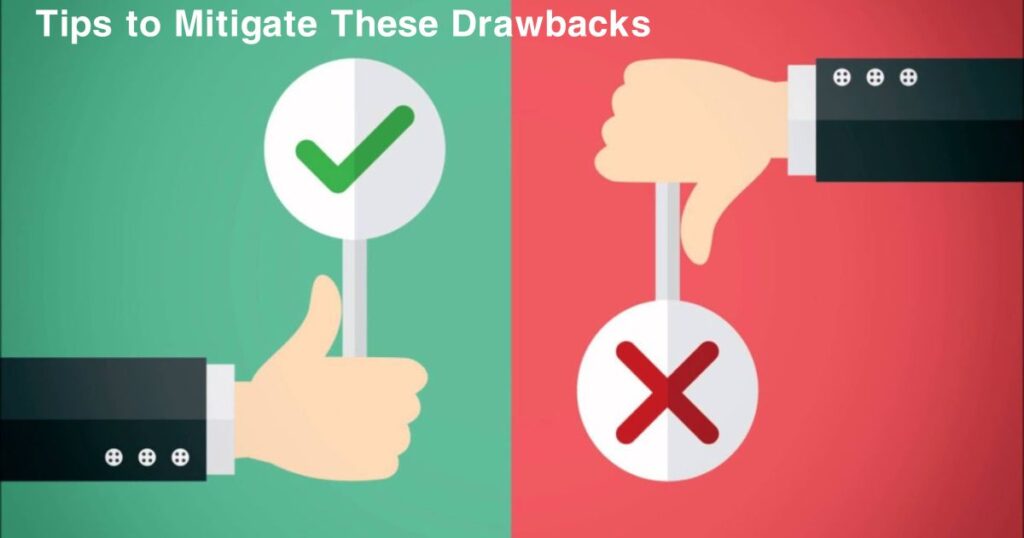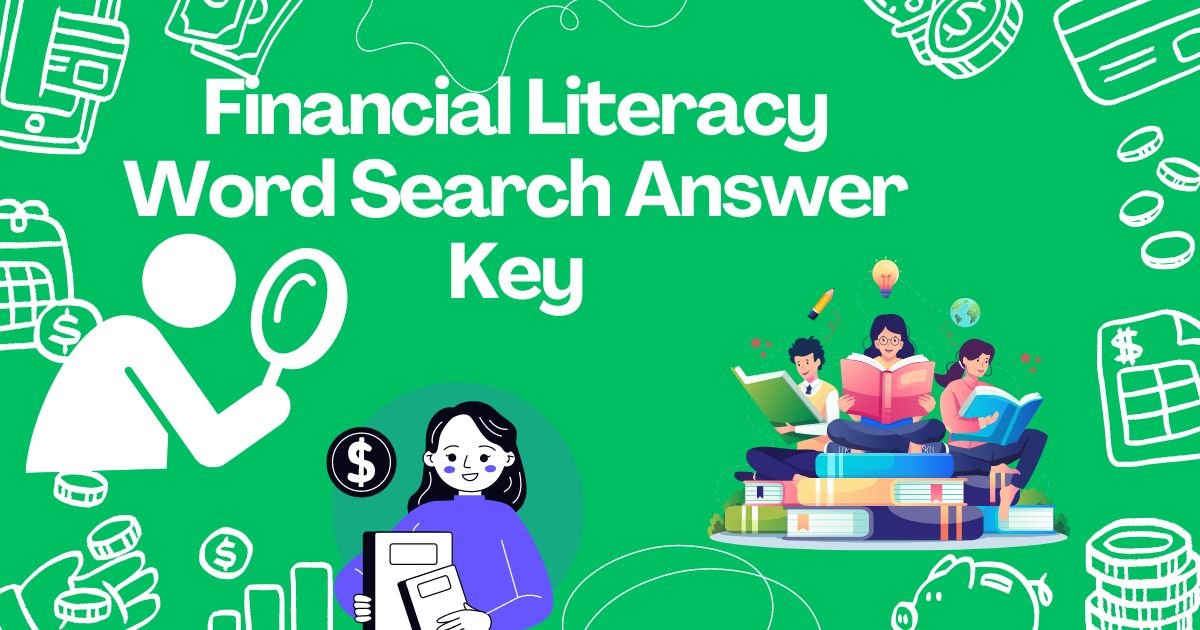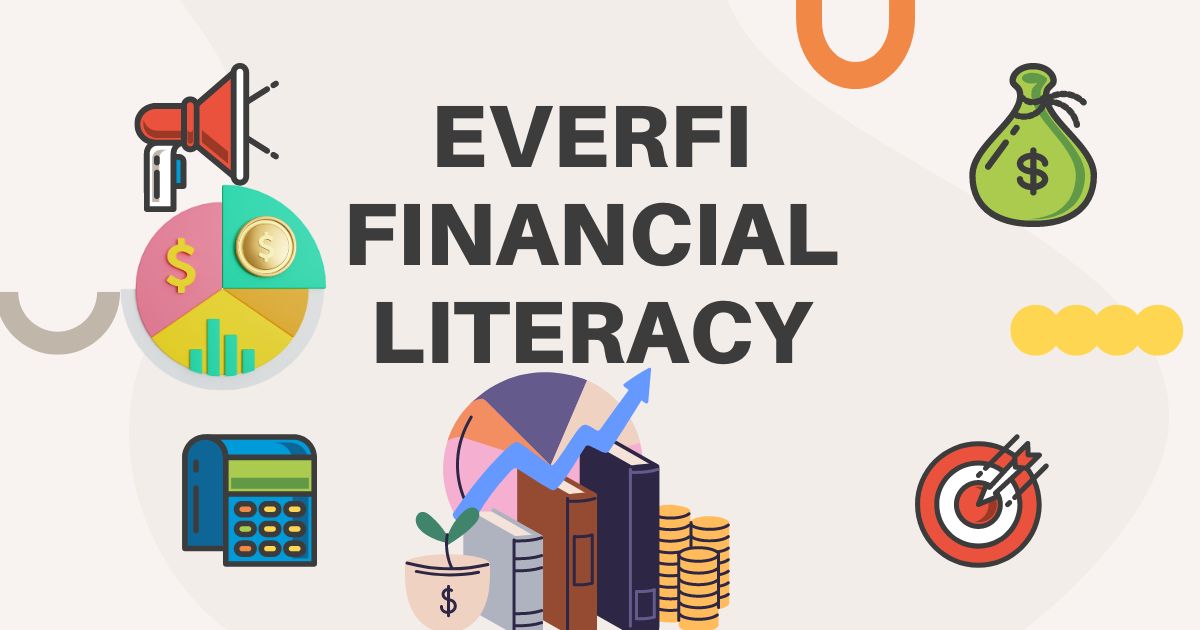Table of Contents
ToggleIntroduction
Financial literacy is often celebrated as a cornerstone of economic independence and security. It equips individuals with the knowledge to manage their finances, save wisely, and invest strategically.
However, like any skill, financial literacy comes with its own set of challenges and potential drawbacks. Understanding these can help individuals better navigate their financial journey.
The Benefits of Financial Literacy
| Benefit | Description |
|---|---|
| Improved Decision-Making | It enables individuals to make informed choices about savings, investments, and spending. |
| Debt Management | Helps understand loan terms, interest rates, and strategies for effective repayment. |
| Future Planning | It equips individuals to prepare for retirement, emergencies, and long-term financial security. |
Before diving into the potential drawbacks, it’s important to acknowledge the undeniable benefits of financial literacy:
- Improved decision-making: Financial literacy enables individuals to make informed choices about savings, investments, and spending.
- Debt management: It helps understand loan terms, interest rates, and repayment strategies.
- Future planning: Financially literate individuals are better equipped to plan for retirement and emergencies.
Potential Drawbacks of Financial Literacy
1. Overconfidence in Financial Decisions
With financial knowledge, individuals might become overly confident in predicting market trends or managing risks. This overconfidence can lead to:
- Poor investment choices.
- Excessive risk-taking.
- Ignoring professional advice.
2. Analysis Paralysis
Financial literacy involves learning complex concepts like compound interest, market analysis, and tax laws. This can overwhelm individuals, causing them to overanalyze and delay decision-making.
3. Stress and Anxiety
Being financially literate means understanding the full scope of financial risks and responsibilities. This heightened awareness can lead to:
- Stress over financial goals.
- Anxiety about potential losses.
- Fear of making mistakes.
4. Time-Consuming Process
Gaining and maintaining financial literacy requires a significant investment of time and effort. Continuous learning is necessary to stay updated with:
- Changing tax laws.
- Market fluctuations.
- Emerging financial tools.
5. Potential for Misinterpretation
Financial concepts can be complex, and misunderstandings can lead to:
- Incorrect application of strategies.
- Mismanagement of resources.
- Unintended financial consequences.
6. Neglecting Professional Guidance
A strong belief in one’s financial knowledge might lead individuals to avoid seeking professional advice, which could have provided:
- Specialized insights.
- Tailored strategies.
- Protection from costly errors.
Tips to Mitigate These Drawbacks

Tips to Mitigate These Drawbacks
- Balance confidence with caution: Acknowledge the limits of your knowledge and seek expert guidance when necessary.
- Avoid overloading: Learn financial concepts step by step and apply them practically.
- Set realistic goals: Establish achievable financial objectives to reduce stress.
- Stay updated responsibly: Allocate time wisely to stay informed without overwhelming yourself.
FAQs For What Are the Potential Drawbacks of Financial Literacy?
1. Can financial literacy cause more harm than good?
While financial literacy generally provides immense benefits, it can lead to drawbacks such as overconfidence, stress, and mismanagement if not approached with care.
2. How can I avoid analysis paralysis in financial decision-making?
Set clear priorities, break decisions into smaller steps, and avoid overloading yourself with excessive information.
3. Should I rely solely on my financial knowledge?
No, it’s wise to complement your knowledge with professional advice to ensure well-rounded and informed decisions.
4. Is financial literacy time-consuming?
Acquiring and updating financial knowledge requires time and effort, but the benefits often outweigh the investment.
Conclusion
Financial literacy is an invaluable tool for achieving financial independence, but it has challenges. Overconfidence, stress, and the time-consuming nature of staying informed are potential drawbacks that individuals should consider. By understanding these challenges and adopting a balanced approach, you can leverage financial literacy to make sound financial decisions while avoiding pitfalls.
Embrace financial literacy as a journey, not a destination, and remember to seek professional advice when needed.




